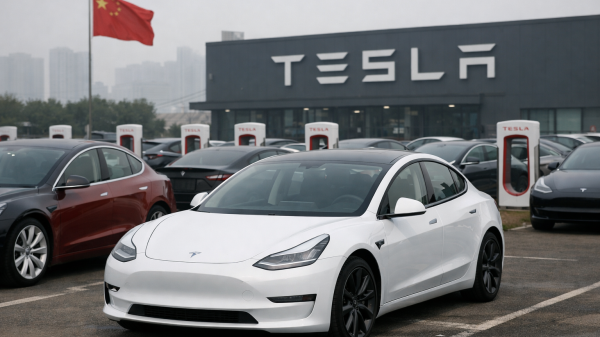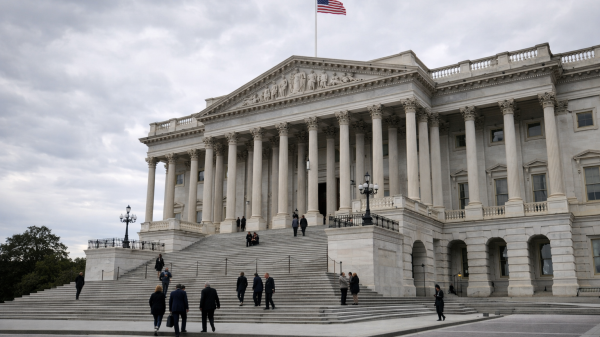The oil market remains doubtful about the impact of the additional 25% tariffs imposed by the US on India over its purchases of Russian oil.
According to ING Group, the market still expects further negotiations between the US and India before the additional tariffs kick in later this month.
On Wednesday, oil prices declined even after US President Donald Trump imposed an extra 25% tariff on India for its purchase of Russian oil.
Room for negotiations
This market reaction may indicate that there is still optimism that the tariffs, set to begin on August 27, will ultimately not take effect.
Furthermore, India will not cease its purchase of Russian oil due to the increased tariff, according to Warren Patterson, head of commodities strategy at ING Group.
“Finally, even if India moves to alternative supplies, we may not see a reduction in global supply, with Russia finding other buyers for its oil,” Patterson said in ING’s latest note.
With the implementation date still some time away, there’s an opportunity for negotiation.
Additionally, Trump indicated a potential meeting with Russian President Putin and his Ukrainian counterpart Zelensky to facilitate an end to the war.
Should this proceed, and depending on developments, worries about secondary tariffs could diminish. Furthermore, a 25% tariff is less drastic than the initial 100% threat, according to Patterson.
Will India continue purchases of Russian oil?
India’s continued purchase of Russian oil is a crucial factor. Although New Delhi has indicated it will prioritise its citizens’ interests, a reduction or cessation of Russian oil purchases appears to be a more sensible approach.
Patterson said:
As we have said multiple times, countries facing this potential secondary tariff must weigh the benefits of buying discounted Russian crude against the potential cost to trade with the US.
India’s savings from discounted Russian crude oil purchases, estimated at around $6 billion, represent only a small portion of its total exports to the US, which stand at approximately $87 billion, according to ING’s calculations.
Therefore, India might not jeopardise $87 billion in exports to save approximately $6 billion on oil imports.
Challenges of replacing Russian oil
Diversifying away from Russian oil presents challenges for India, requiring refiners to secure alternative supplies.
Given the increased supply from the Organization of the Petroleum Exporting Countries and allies, and the projected global market surplus starting in the fourth quarter, this transition is expected to be manageable.
This also provides OPEC+ with the flexibility to begin reversing its subsequent phase of supply reductions.
Another concern is if refiners can acquire crude oil of comparable quality to what they currently source from Russia, Patterson said.
But again, the ramp-up of supply from OPEC+ should improve medium sour crude availability.
Indian refiners’ buying interest in the Middle East oil market is likely to be under close observation.
This would confirm their diversification away from Russian supplies.
The threat of secondary tariffs has already pushed the Brent-Dubai spread further into negative territory. This trend is likely to continue if Indian buyers increase their focus on the Middle East.
Impact on oil prices
Patterson said:
If India stops buying Russian oil and Russia is unable to divert supply to other buyers, it puts as much as 1.7m b/d of supply at risk.
This action would deplete our projected surplus for the next three quarters. Consequently, the market would largely achieve balance, provided OPEC+ refrains from reintroducing the subsequent phase of supply reductions.
“If these tariffs stick, it could see Brent averaging around $75/bbl over 2026, compared to our base case forecast of $57/bbl,” Patterson noted
Russia would likely reroute some of this oil trade to smaller buyers, which would somewhat reduce the potential net supply loss and lessen the broader impact on oil prices, he added.
The market’s main concern is potential secondary tariffs on major Russian oil buyers like China. The White House stated it would assess other countries importing Russian oil and advise Trump on further actions.
Friday marks the deadline set by Trump for Russia to reach a peace agreement with Ukraine. Failure to comply could lead to the US imposing additional sanctions on Russia.
The post Market remain doubtful over impact of additional US tariffs as India navigates its oil purchases appeared first on Invezz




































